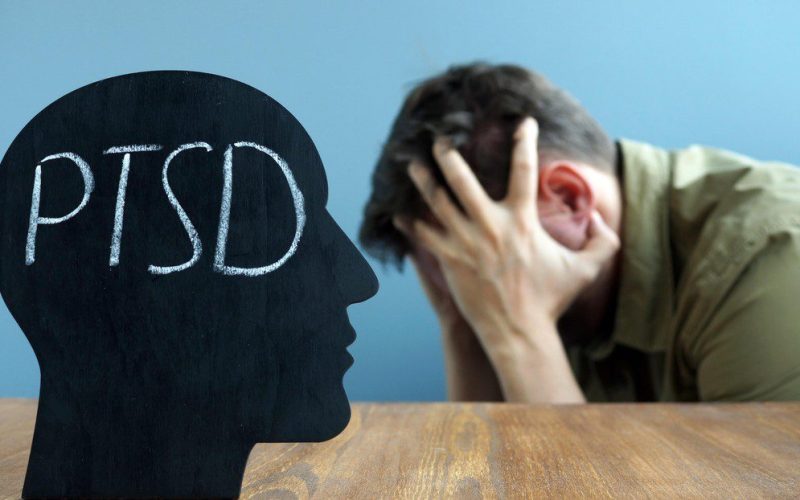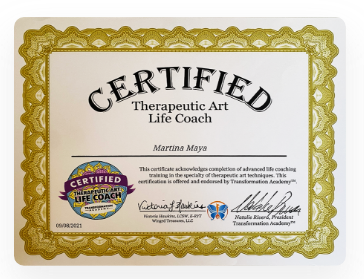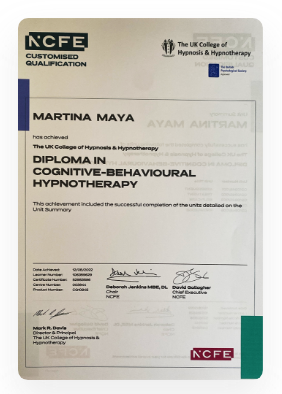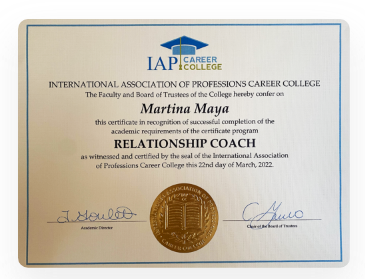A PTSD Treatment Center provides specialized care in providing a safe and supportive environment for humanity experiencing trauma. It offers evidence-based therapies like Cognitive Behavioral Therapy (CBT) and Eye Movement Desensitization and Reprocessing (EMDR), along with medications to manage symptoms like anxiety and depression.
The goal is to help individuals process trauma, develop healthier coping strategies, and regain control of their lives. With personalized care and ongoing support, these centers guide individuals toward recovery, helping them rebuild emotional well-being and achieve a fulfilling life.


Post-Traumatic Stress Disorder (PTSD) could be a mental well-being condition that can be created after a person witnesses or encounters a traumatic occasion. These occasions seem to incorporate mischances, common fiascos, physical or sexual viciousness, military combat, or, indeed, enthusiastic injury. For those with PTSD, the impacts go past the quick consequence, frequently enduring for months or, indeed, a long time.
When they are not in danger, people may encounter many side effects, including overpowering sentiments of fear, uneasiness, discouragement, or sympathy. Flashbacks, bad dreams, and striking recollections of the traumatic occasion are common, causing trouble and disturbing daily life.
Additionally, individuals with PTSD may maintain a strategic distance from places, individuals, or exercises that remind them of the injury. This avoidance often leads to isolation and difficulty functioning in social or work environments. PTSD can significantly affect a person’s ability to live an everyday, fulfilling life, but with the proper treatment, such as therapy and medications, individuals can begin to heal.
Cognitive behavioral treatment (CBT) and eye development desensitization and reprocessing (EMDR) are the foremost viable medicines. With support and dedication to recovery, individuals can regain control of their lives and rebuild a sense of safety and well-being.


PTSD side effects can shift from individual to individual but frequently incorporate flashbacks, bad dreams, and meddlesome contemplations related to the traumatic occasion.
People may feel continually on edge, encountering uneasiness, fractiousness, or trouble resting. They might, moreover, dodge places or circumstances that remind them of the injury.
Enthusiastic deadness, difficulty trusting others, and a need to be intrigued in daily exercises are typical.
PTSD can be caused by encountering or seeing traumatic occasions, such as mishaps, normal calamities, rough assaults, or military combat. These occasions can take off enduring enthusiastic and mental scars, driving to overpowering sentiments of fear, powerlessness, or frightfulness.
The brain may battle to handle the traumatic involvement, coming about in flashbacks, bad dreams, and other troubling side effects.
Whereas not everybody who faces injury will experience PTSD, variables like past mental well-being issues, the need for bolster, and the seriousness of the injury can increase the hazard.
With the proper treatment, however, individuals can learn to manage and heal from the effects of PTSD.


Treatment for post-traumatic stress disorder (PTSD) provides a haven for individuals who have experienced trauma.
These centers aim to create an environment of caring and understanding and provide personalized care through a variety of therapies.
By encouraging community and professional support, they remind people that they are not alone in their healing journey.
Get care from professionals who specialize in trauma and mental health.
Tailored therapies designed to address individual needs.
Using proven methods like cognitive-behavioral therapy (CBT), EMDR, and mindfulness practices.
Opportunities to connect with others who share similar experiences.
Tools can be used to manage the effects and reduce the severity of symptoms.
A judgment-free space conducive to healing and growth.
Incorporation of activities like art therapy, yoga, and meditation to promote overall well-being.
A judgment-free space conducive to healing and growth.
The key difference between PTSD and Complex PTSD (C-PTSD) lies in the nature and duration of the trauma experienced. PTSD typically results from a single traumatic event, such as an accident or natural disaster, and is marked by symptoms like flashbacks, avoidance, and heightened anxiety.
On the other hand, C-PTSD arises from prolonged or repeated trauma, often involving relationships where the individual feels trapped, such as in cases of childhood abuse or domestic violence.
While both share core symptoms, C-PTSD includes additional challenges like emotional regulation issues, a negative self-concept, and difficulties in relationships, making its impact more pervasive and long-lasting.


Inpatient treatment for post-traumatic stress disorder (PTSD) offers a safe, helpful environment for individuals to heal from the effects of trauma. With 24/7 care from trained professionals, patients receive tailored therapy, medical support, and a chance to focus solely on their recovery.
Through a combination of therapies like cognitive-behavioral therapy (CBT), exposure therapy, and mindfulness practices, patients can process their trauma, learn coping strategies, and begin rebuilding their lives.
If you or someone you care about is struggling with PTSD, inpatient treatment can provide the support needed to heal and move forward with hope. Reaching out for help is a decisive first step toward recovery.

At our PTSD treatment center, we prioritize your healing and well-being with a compassionate and personalized approach. Our trained professionals are dedicated to providing evidence-based therapies, such as cognitive behavioral therapy (CBT) and (EMDR) with holistic support tailored to your needs.
We understand the challenges of living with Post-Traumatic Stress Disorder (PTSD). We are committed to creating a safe, non-judgmental space where you can feel supported in your healing journey.
Our state-of-the-art facilities and compassionate environment ensure you receive the care and tools you need to manage your life. Let us help you find hope and strength on your path to the future.
The most effective treatments for PTSD include trauma-focused functional medicine such as Cognitive Behavioral Therapy (CBT) and Eye Movement Desensitization and Reprocessing (EMDR). These methods help individuals process trauma and develop better coping strategies.
Yes, people with PTSD can lead successful lives. With appropriate treatments, such as clinical hypnotherapy, cognitive behavioral therapy (CBT), eye movement desensitization and retraining (EMDR), and firm support, many people can effectively manage their symptoms and recover.
Yes, PTSD is a serious mental health condition that can significantly affect a person's routine life. It stems from experiencing or witnessing a traumatic event and can lead to symptoms like flashbacks, anxiety, emotional numbness, and difficulty functioning. Individuals can manage symptoms and work toward recovery with proper treatment and support.
The five stages of PTSD are:



At Hypnobond, Martina Maya will guide you through the same life-changing methods that helped her break free from the suffocating grip of psychopathic abuse and step into a life of true empowerment.